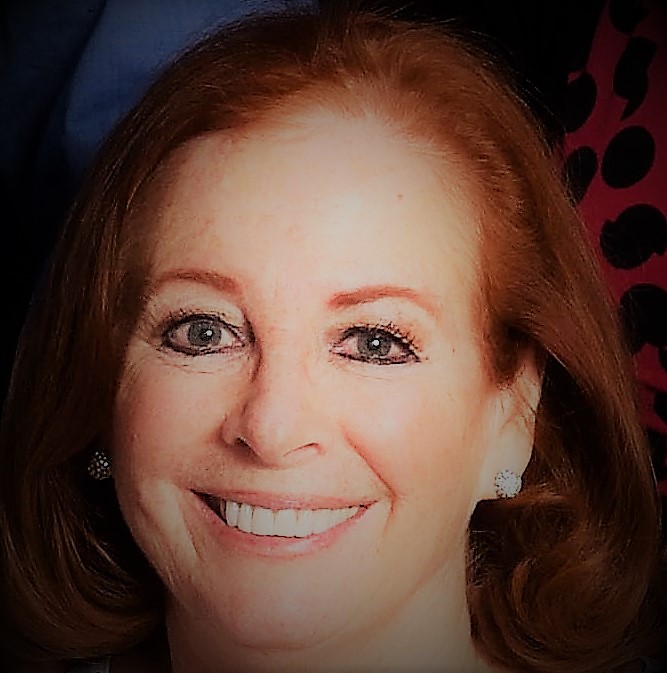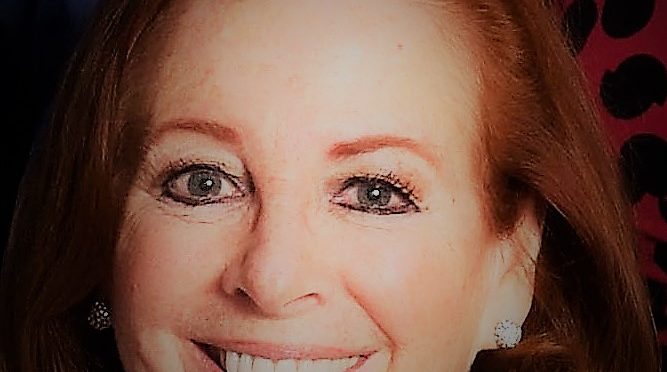
King Solomon, known for his wisdom, certainly made his fair share of mistakes. As ruler of a vast kingdom, he decided to change the original boundaries of the 12 tribes of Israel into 12 “tax districts,” each managed by an overseer, as a way of supporting his lavish lifestyle. Let the corruption begin. After Solomon’s death, only two tribes were left, Judah and Benjamin.
My personal Bible study this past few weeks has been in the book of Ecclesiastes. Written by Solomon, it looks at “life under the sun” (i.e., corruption, incompetent leaders, repeat criminals, materialism, and a desire to return to the “good old days”—sound familiar?). He addresses man’s search for happiness and the futility in that search as people desire explanations for what is going on around them. Where is Wisdom when you seek it?
Maybe you’ve been there. You feel like your world is imploding and you can’t figure out what you’ve done to deserve it. After all, you’re honest. Hard-working. Moral. Yet, life is handing you lemons, and you’re fresh out of sugar. Not even your new F-150 pick-up truck offers lasting happiness, and if that can’t do it…what can?
According to Solomon, nothing “under the sun.” He wrote that, apart from Heaven, some things have no explanations, and, more importantly, we Christians are to live by promises, not explanations. So, why do we continue to search for answers to our “Why’s”? Probably the same reason Adam and Eve did. Ignoring God’s advice not to bite into the fruit, they found His warning—“to gain knowledge of good and evil”– to be true all right, but instead of life being “more perfect” (impossible by definition), they were alienated from God. From delighted to devastated in one nibble. And we have been gnawing on the same fruit ever since.
We are fools if we think, like Adam and Eve, that an increase in knowledge will produce an increase in happiness. Think of the inventions that promised to improve our lives with little thought for the downside that accompanies them. Computers with pornography. Televisions with immorality and negativity. Automobiles with pollution. Pesticides and genetically-modified foods with cancer. Cell phones with bullying and sexting. Diet Coke with headaches.
Commercials promise that Princess Cruise ships will fill our pleasure needs, yet, after several thousand dollars spent, we remain as restless as ever. A good friend of mine owns a famous restaurant in New York. Recently, after finding that $350-per-person meals still lack a joy-gene, a “dream-weaver” was hired to add the special touches to the person’s dining experience. That happened after a couple was overheard discussing their world travels, and here they were in the Big Apple, flying out the next morning, and still had not eaten a famous New York dirty-dog. Immediately the owner was alerted, ran outside and returned with two hotdogs. The couple was ecstatic. I’m betting that even those “doggie treats” fail to provide long-term satisfaction. A smile, perhaps, but not perpetual happiness.
Chuck Colson, the founder of Prison Fellowship ministry, once said, “Life isn’t like a book. Life isn’t logical, or sensible, or orderly. Life is a mess most of the time. And theology must be lived in the midst of that mess.”
Solomon would agree…after the first ten chapters of Ecclesiastes, that is. Something changes. No longer does he conclude that life is not worth living, for now, as opposed to looking “under the sun,” he looks “above the sun” (i.e., where God lives). He concludes with four principles. Life is: an adventure (Live by faith, so expect the unexpected); a gift (which we are to enjoy); a school (where daily learning occurs); and stewardship (a blessing by giving). Once we accept that, Wisdom wins.
It all depends on where we fix our gaze.
